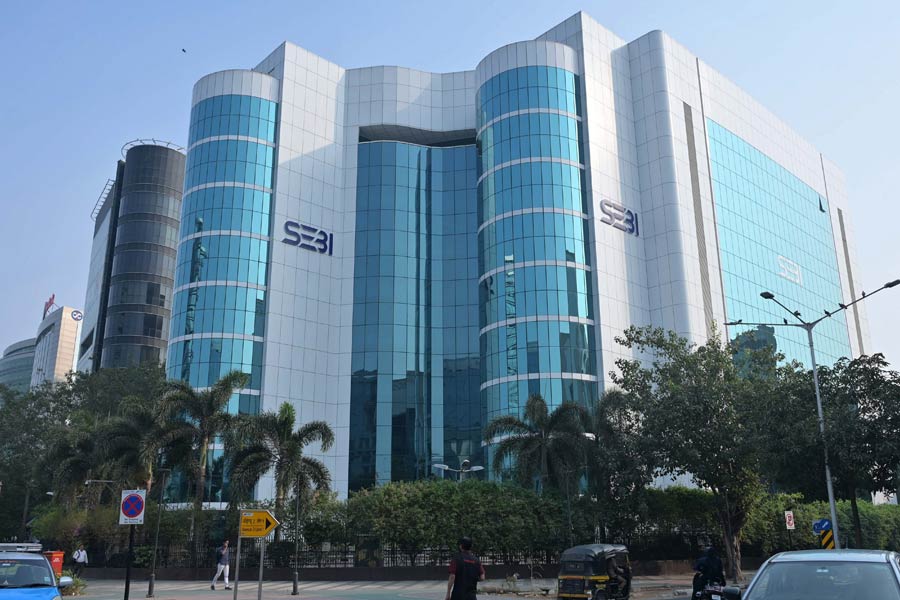Markets regulator Sebi has proposed a minimum ticket size or investment threshold of ₹1 crore for the RBI-regulated originators and unregulated entities engaged in securitisation activities.
The proposal also introduced limitations on the number of investors in private placements, allowing securitised debt instruments (SDIs) issued privately to be offered to a maximum of 200 investors. If this limit is exceeded, the issuance must be classified as a public issue.
Public offers should remain open for a minimum of three days and a maximum of 10 days, with advertisement requirements aligned with Sebi’s regulations for non-convertible securities.
Additionally, the regulator has suggested that all securitised debt instruments should be issued and transferred exclusively in demat form.
SDIs are financial products created by pooling together various types of debt — such as loans, mortgages or receivables — and then selling them as securities to investors. This process, known as securitisation, allows the originator (such as a bank) to convert illiquid assets into liquid ones, providing an alternative source of funding.
Investors in these instruments receive returns based on the performance of the underlying debt pool, and the risk is spread across multiple assets.
Sebi has proposed that originators retain a minimum risk retention of 10 per cent of the securitised pool or 5 per cent for receivables with a maturity of up to 24 months.
A minimum holding period requirement will also be specified by Sebi for underlying receivables to ensure that originators maintain an interest in the underlying assets, the regulator said in a consultation paper.
The regulator further suggested including an optional clean-up call for originators, allowing them to repurchase up to 10 per cent of the original value of the assets. This call is optional and intended to help manage the pool’s longevity without mandating additional commitments from the originator.
REITs rules
Sebi has proposed allowing real estate investment trusts (REITs), small and medium REITs (SM REITs) and infrastructure investment trusts (InvITs) to use interest rate derivatives for hedging risk.
Also, the regulator has suggested approving locked-in units for REITs and InvITs to be transferred among sponsors and their groups, similar to rules for promoters in listed companies, to help sponsors manage their holdings without compromising “skin in the game”.
Additionally, Sebi has suggested permitting fixed deposits to be considered as cash equivalents when calculating leverage for REITs and InvITs, clarifying credit rating requirements for REIT and InvIT borrowings, and setting a timeline for filling vacancies on their boards and expanding the asset base for REITs and SM REITs.
PTI











